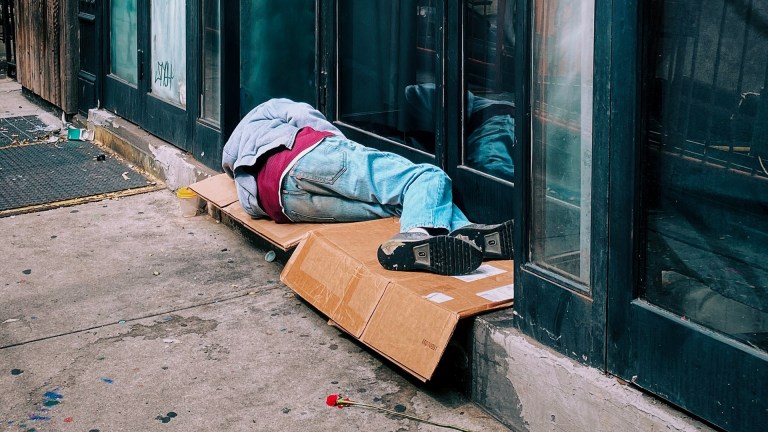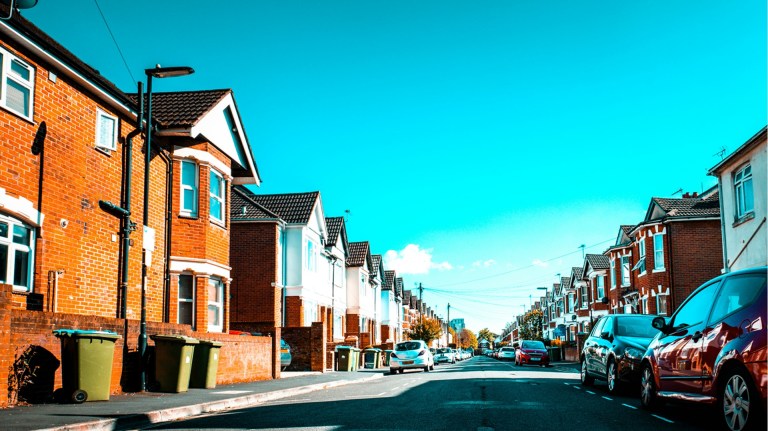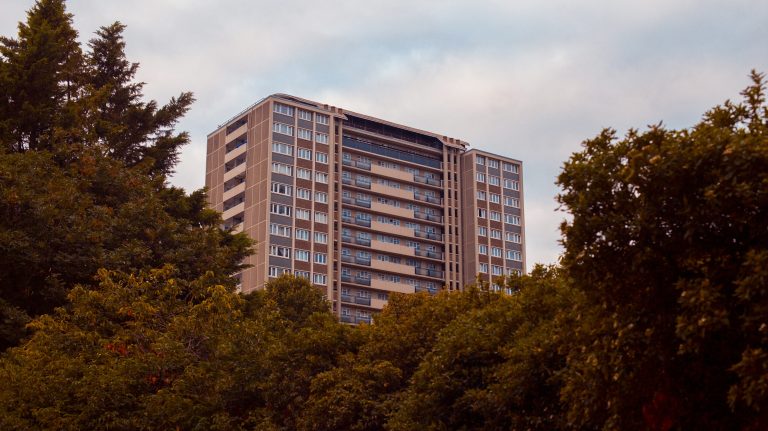In supported housing, accommodation is provided alongside care, support or supervision to help vulnerable people live independently.
This includes elderly residents, those with disabilities, or those at risk of or with experience of homelessness.
The pilot schemes will run until the end of March 2021, and work with local councils to look at greater oversight of the sector and how higher standards can be enforced.
But critics have warned the new measures don’t go far enough, and that the new guidance will be ignored by providers.
Jess Turtle, co-founder of the Museum of Homelessness (MoH), which seeks to tackle homelessness and housing inequality, told the Big Issue the new measures were “nowhere near” enough.
Advertising helps fund Big Issue’s mission to end poverty
She said MoH’s own research showed real action was needed.
“40 per cent of the deaths we recorded in 2019 occurred when a person was in emergency or temporary accommodation, and our research clearly shows these tragedies will continue without real action,” she said.
Turtle also questioned whether providers would really take the time to follow recommended guidelines, and said private landlords hadn’t even been identified.
She added: “We know that 86 per cent of the 1.1 billion temporary accommodation industry goes to private landlords and providers, who are not even identified as supported housing providers in this policy.
“The government is clearly nervous about regulating the vast cowboy industry that is profiting from people’s misery.
“We are calling for serious reform and regulation because we must prevent these unnecessary deaths.”
Advertising helps fund Big Issue’s mission to end poverty
The MHCLG spokesperson said in a statement: “We reject these claims – the majority of supported housing providers already deliver a good service and we’re determined to improve standards where they fall below what we expect.
“Our National Statement of Expectations makes clear that all accommodation should be of good quality and meet people’s needs.
“We are funding pilots in five areas to improve quality, oversight and value for money and ensure supported housing meets this criteria.”
Launching the new funding and guidance, Kelly Tolhurst, Minister for Rough Sleeping and Housing said: “Providing good quality homes to people who have been homeless, or who are unable to live independently, is fundamental to our support for vulnerable people.
“I know that most supported housing providers already provide a good service and it is right that we expect standards to be high. My statement today sends a strong message to providers that don’t meet our benchmark that they need to shape up.”
Advertising helps fund Big Issue’s mission to end poverty
The Big Issue recently reported on how one grassroots provider is helping to support vulnerable people at risk of becoming homeless due to the Covid-19 pandemic.
A new pilot is set to launch in Birmingham aiming to break the cycle of homelessness and provide quality accommodation for those that have been made homeless or are at risk of becoming so due to recently losing their job.
The Big Issue has approached the MHCLG for comment.
Image credit: pierre9x6/Pixabay









